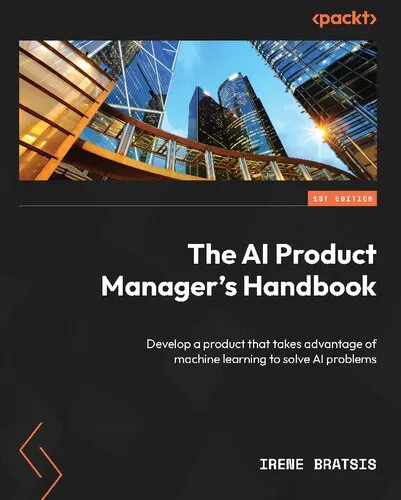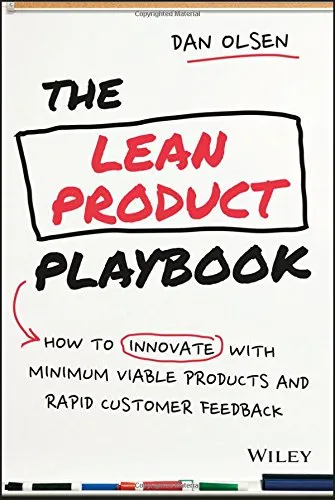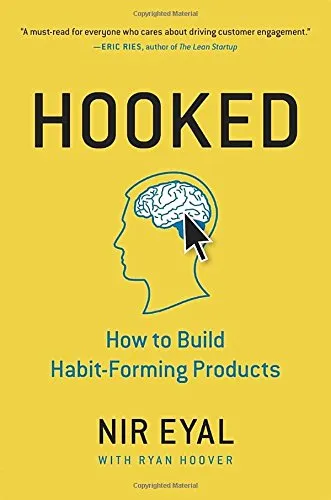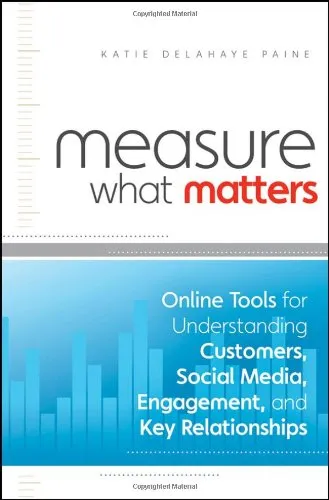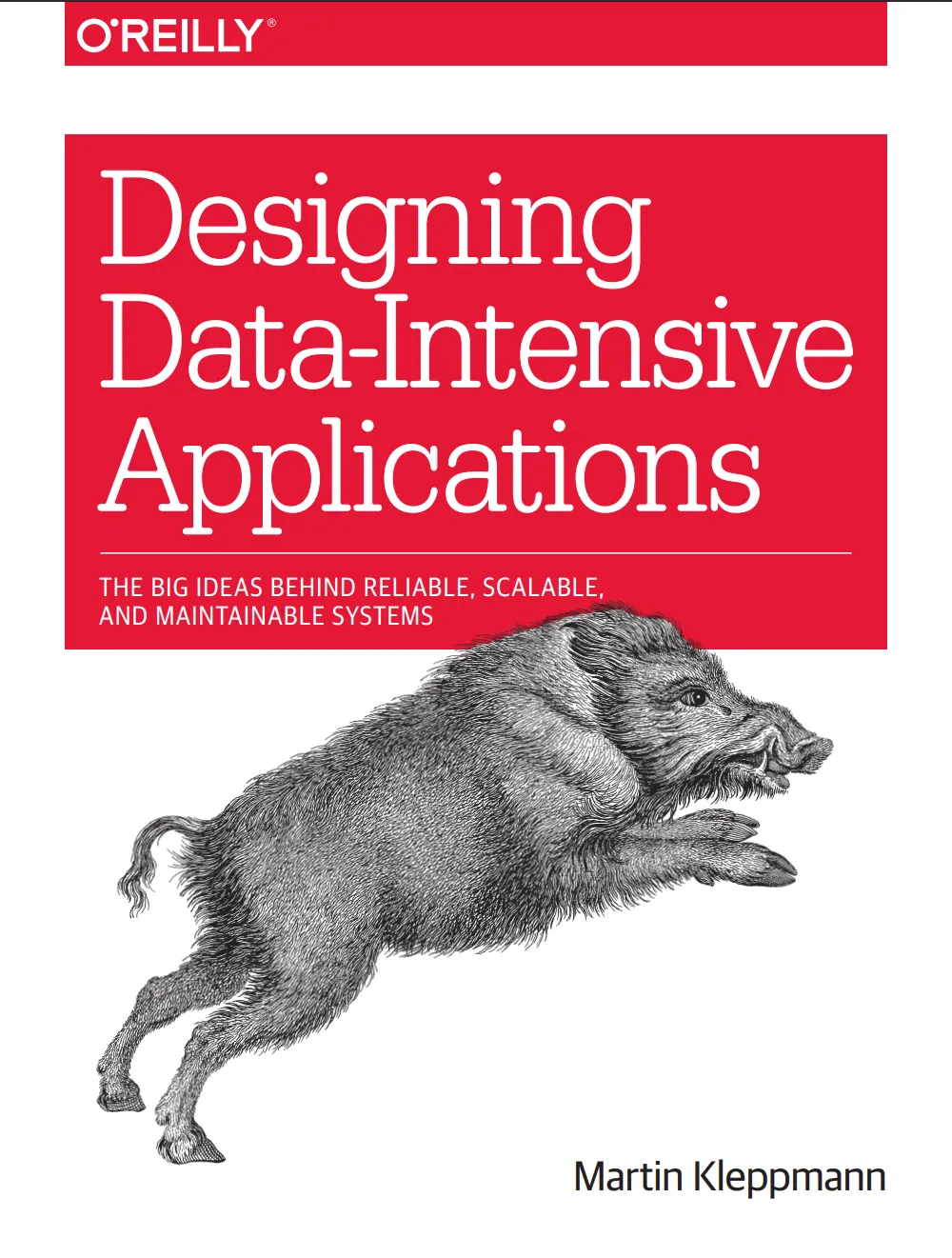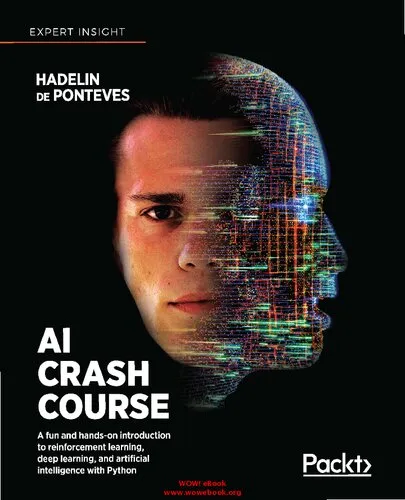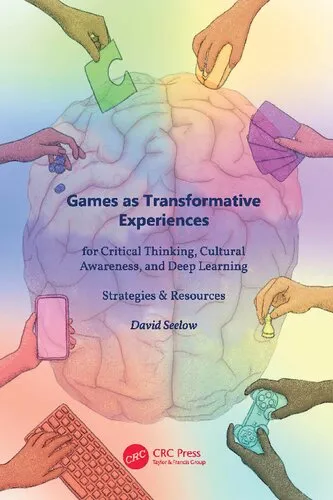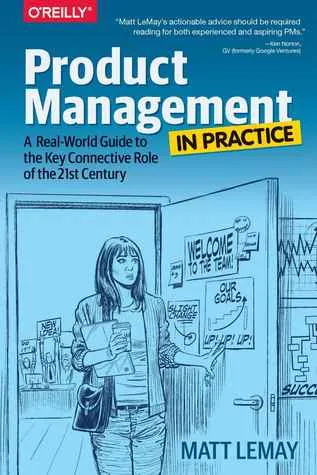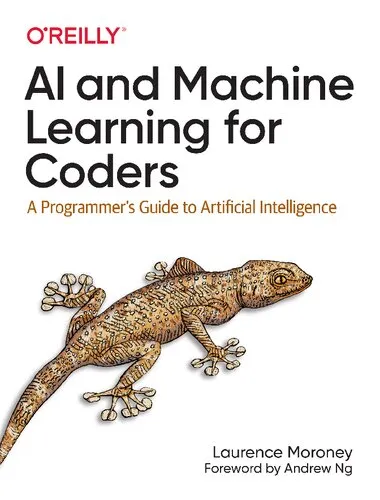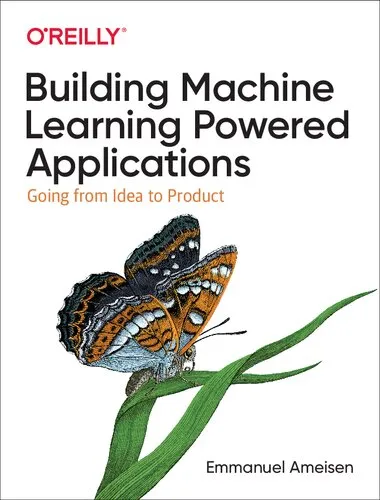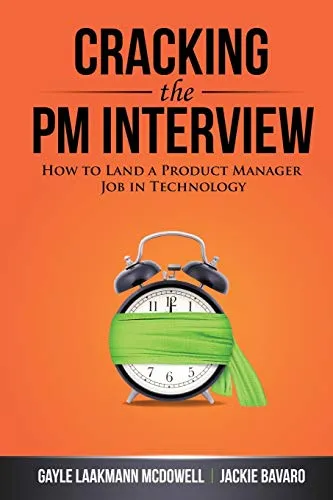The AI Product Manager's Handbook: Develop a product that takes advantage of machine learning to solve AI problems
5.0
Reviews from our users

You Can Ask your questions from this book's AI after Login
Each download or ask from book AI costs 2 points. To earn more free points, please visit the Points Guide Page and complete some valuable actions.Related Refrences:
Persian Summary
The AI Product Manager's Handbook Develop a product that takes advantage of machine learning to solve AI problems
As a product manager staying ahead of the curve in the rapidly evolving landscape of artificial intelligence AI is crucial for success. 'The AI Product Manager's Handbook' by Irene Bratsis is a comprehensive guide that equips readers with the necessary knowledge and skills to develop AI-powered products that solve real-world problems.
Detailed Summary of the Book
This book is divided into several chapters that cover the entire spectrum of AI product development. The author begins by introducing the fundamentals of AI and machine learning including the different types of machine learning algorithms and their applications. The book then delves into the role of a product manager in AI product development including the key skills and competencies required for success.
The author also explores the product development process for AI-powered products including defining the problem statement developing the product roadmap and creating a minimum viable product MVP. The book provides practical guidance on how to work with cross-functional teams including data scientists engineers and designers to develop AI-powered products.
Furthermore the book covers the importance of data quality and data governance in AI product development including data preprocessing data visualization and data storytelling. The author also discusses the ethical considerations of AI product development including bias fairness and transparency.
The book concludes with a discussion on the future of AI product development including the emerging trends and technologies that are likely to shape the industry.
Key Takeaways
The book provides several key takeaways for product managers including
- Understanding the fundamentals of AI and machine learning including the different types of machine learning algorithms and their applications.
- Developing the key skills and competencies required for success as an AI product manager including data analysis data visualization and data storytelling.
- Defining the problem statement and developing the product roadmap for AI-powered products.
- Creating a minimum viable product MVP and iterating based on customer feedback.
- Working with cross-functional teams including data scientists engineers and designers to develop AI-powered products.
- Ensuring data quality and data governance in AI product development including data preprocessing data visualization and data storytelling.
- Addressing the ethical considerations of AI product development including bias fairness and transparency.
Famous Quotes from the Book
The book includes several famous quotes that highlight the importance of AI product development including
"AI is not just a technology it's a mindset. It's a way of thinking about problems and solutions that is fundamentally different from traditional product development."
"The role of the AI product manager is not just to manage the product but to manage the entire ecosystem of stakeholders including customers data scientists engineers and designers."
"Data is the lifeblood of AI product development. Without high-quality data AI-powered products are doomed to fail."
Why This Book Matters
'The AI Product Manager's Handbook' matters because it provides a comprehensive guide to AI product development that is accessible to product managers of all levels. The book fills a critical gap in the market by providing practical guidance on how to develop AI-powered products that solve real-world problems.
The book is also timely given the rapid growth of the AI industry and the increasing demand for AI-powered products. As AI continues to transform industries and revolutionize the way we live and work the need for skilled AI product managers has never been greater.
Overall 'The AI Product Manager's Handbook' is a must-read for anyone who wants to succeed in the rapidly evolving landscape of AI product development.
Free Direct Download
You Can Download this book after Login
Accessing books through legal platforms and public libraries not only supports the rights of authors and publishers but also contributes to the sustainability of reading culture. Before downloading, please take a moment to consider these options.
Find this book on other platforms:
WorldCat helps you find books in libraries worldwide.
See ratings, reviews, and discussions on Goodreads.
Find and buy rare or used books on AbeBooks.
Questions about Book
16613
بازدید5.0
امتیاز4
نظر98%
رضایتReviews:
5.0
Based on 4 users review
merkousha
Aug. 21, 2024, 1:17 p.m.
The AI Product Manager's Handbook: Develop a Product that Takes Advantage of Machine Learning to Solve AI Problems provides a comprehensive guide for product managers navigating the fast-evolving world of AI and machine learning (ML). This book is particularly valuable for those who have a basic understanding of AI and want to learn how to leverage these technologies to create competitive products.
Key Strengths:
Practical Approach: The book is highly practical, offering frameworks, case studies, and step-by-step instructions on integrating AI into product development. It's aimed at helping product managers develop AI-based products without requiring a deep technical background.
Clear Breakdown of AI Concepts: It breaks down complex AI and machine learning concepts into digestible pieces, making it accessible for non-technical readers. The book explains how product managers can work with data scientists and engineers effectively.
Focus on Strategy and Execution: It goes beyond the theoretical, emphasizing how AI can solve real business problems and the strategic importance of building AI products that are user-centric, viable, and scalable. Topics like managing AI teams, setting the right KPIs, and prioritizing features are addressed thoughtfully.
Relevance to the Current Market: The book is timely and reflects the growing demand for AI-driven products. The AI landscape is evolving rapidly, and this handbook provides up-to-date insights into navigating this environment.
Areas for Improvement:
Limited Technical Depth: While it offers a solid overview of AI and ML concepts, the book may feel light on deeper technical details for more advanced readers or engineers who want to dive into the nitty-gritty of implementation.
More Case Studies Desired: Some readers have suggested that additional case studies or examples would further enhance the learning experience. More real-world applications of AI products, especially failures and how they were rectified, would provide a richer perspective.
Final Thoughts:
The AI Product Manager's Handbook is a great resource for product managers looking to understand how to harness AI and machine learning effectively. It excels in offering a structured, approachable guide for those transitioning into AI-focused product management. However, for those seeking a highly technical deep dive, additional resources may be required. Overall, it’s an essential read for PMs aiming to stay competitive in the age of AI.
marina
Dec. 31, 2024, 10:42 a.m.
Great book
neha13
Nov. 15, 2025, 6:07 p.m.
This is a good read and provide a good information to the AI. This is actually helpful in understanding how AI can accelerate Product Managers role in creating value for customers.
neha13
Nov. 15, 2025, 6:07 p.m.
This is a good read and provide a good information to the AI. This is actually helpful in understanding how AI can accelerate Product Managers role in creating value for customers.
Questions & Answers
Ask questions about this book or help others by answering
No questions yet. Be the first to ask!
